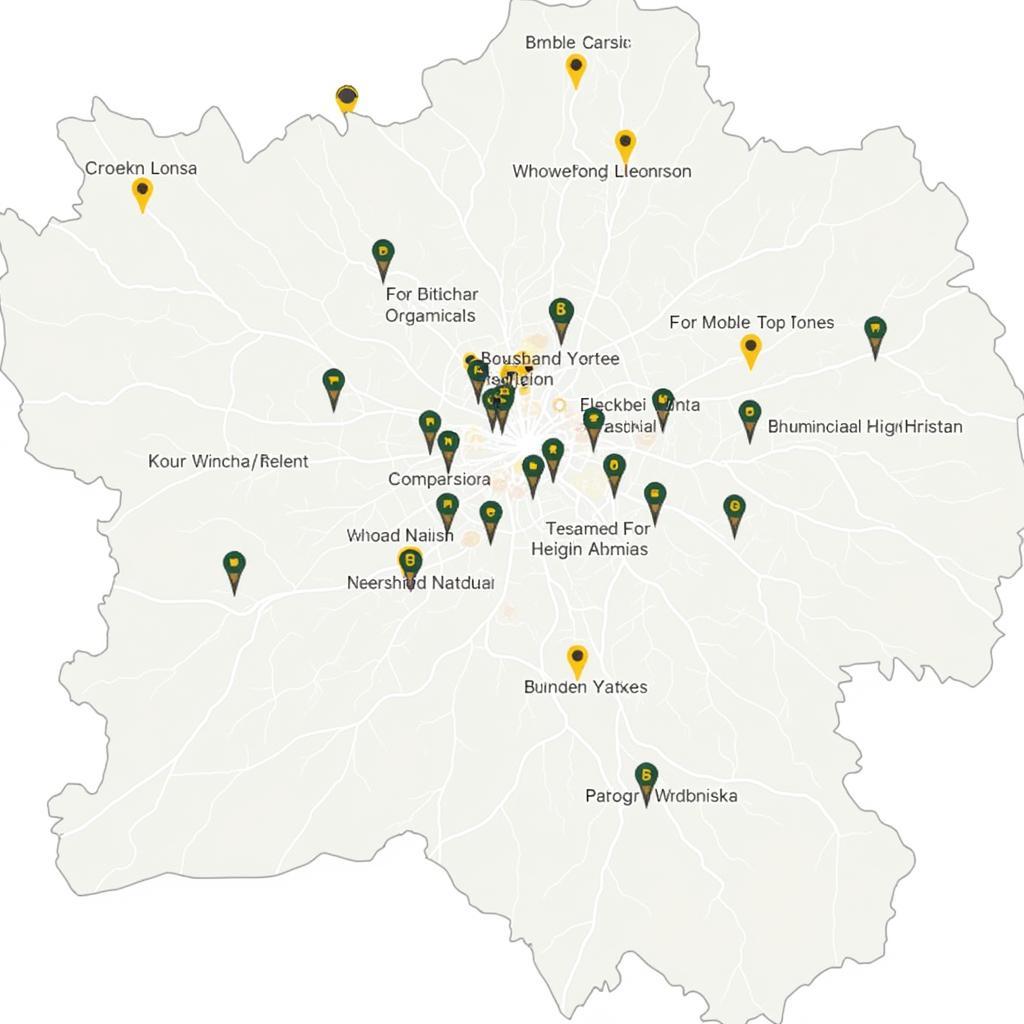Master the African American Accent: A Comprehensive Tutorial
The “African American accent” is a rich and diverse tapestry of speech patterns, often mistakenly thought of as a singular dialect. This tutorial will delve into the historical and cultural nuances that have shaped this unique linguistic landscape, providing you with the tools to understand, appreciate, and even practice its intricacies.
A History Shaped by Migration and Resilience
The roots of the African American accent can be traced back to the transatlantic slave trade, where people from various West and Central African regions were brought to the Americas. Forced to communicate with each other and their captors, a new linguistic system emerged, blending elements of African languages with English. This process, known as creolization, laid the foundation for what we now recognize as the African American Vernacular English (AAVE).
Regional Variations: From Gullah to Geechee
Just as there are countless dialects within the United States, the African American accent exhibits significant regional variation. For example, the Gullah language, spoken by communities on the Sea Islands of South Carolina and Georgia, retains a strong West African influence. Similarly, the Geechee dialect, found in coastal areas of Georgia and Florida, reflects the unique history and cultural isolation of these communities.
Key Features of the African American Accent
While the African American accent varies greatly, some common features include:
- Consonant cluster reduction: Dropping consonants in words like “ask” (aks) and “test” (tes).
- Metathesis: Switching the order of sounds in words like “ask” (aks) and “iron” (iorn).
- Vowel changes: Pronouncing “i” as “a” in words like “pen” (pin) and “ten” (tin).
- Intonation and rhythm: A distinctive musicality and flow to speech.
Debunking Myths and Stereotypes
It’s crucial to approach learning about the African American accent with sensitivity and respect. This dialect is not “slang” or “broken English,” but a complex and rule-governed linguistic system with its own grammar and vocabulary. It’s important to avoid mimicking or exaggerating the accent, as this can be offensive and perpetuate harmful stereotypes.
Resources for Learning and Appreciating AAVE
For those interested in delving deeper, numerous resources are available:
- Linguistic textbooks: Explore academic texts on AAVE and sociolinguistics.
- Documentaries and films: Watch documentaries like “The Language of the Civil Rights Movement” or films like “Do the Right Thing” to hear authentic examples of AAVE.
- Music: Listen to various genres of African American music, such as jazz, blues, hip-hop, and R&B, paying attention to the lyrical delivery and wordplay.
Beyond Mimicry: Embracing Cultural Understanding
Ultimately, learning about the African American accent is about more than just pronunciation. It’s about appreciating the rich history, culture, and resilience of the African American community. By engaging with AAVE in a thoughtful and respectful manner, we can foster greater understanding and break down harmful stereotypes.
Conclusion
Mastering the African American accent is a journey of discovery, requiring not only linguistic knowledge but also cultural sensitivity and a commitment to dismantling harmful preconceptions. By understanding its historical context, regional variations, and key features, you can begin to appreciate the beauty and complexity of this unique linguistic tapestry. Remember, the goal is not to mimic or appropriate, but to learn, appreciate, and engage with respect.
FAQ
-
Is AAVE considered a dialect or a language? While some linguists argue that AAVE is a distinct language, it is generally classified as a dialect of English.
-
Is it disrespectful to learn about the African American accent? Not at all! Learning about AAVE with respect and a genuine desire for understanding is a great way to engage with African American culture.
-
Can anyone speak AAVE? While anyone can learn to understand and appreciate AAVE, it’s important to remember that it is a product of a specific cultural and historical context.
-
What are some common misconceptions about AAVE? Some common misconceptions include the belief that AAVE is incorrect English, slang, or simply a lazy way of speaking.
-
Where can I find more resources on AAVE? There are numerous online resources, including websites, articles, and academic journals, that provide detailed information about AAVE.
Need more assistance?
Contact us at Phone: +255768904061, Email: kaka.mag@gmail.com or visit us at Mbarali DC Mawindi, Kangaga, Tanzania. Our 24/7 customer service team is always ready to help.
